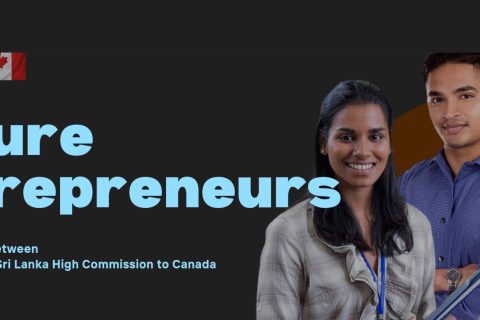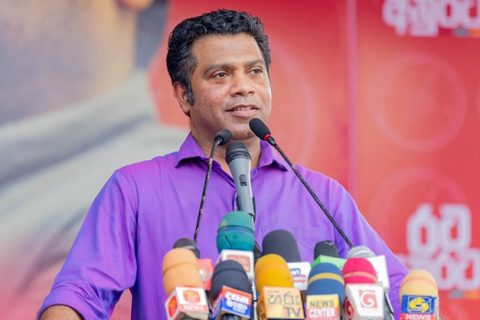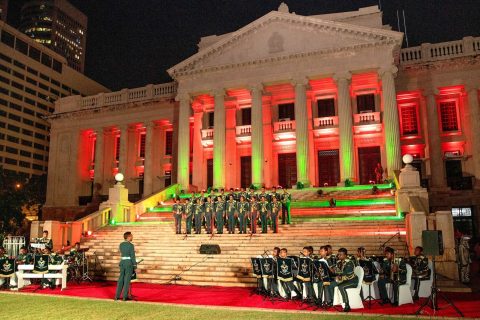(UTV | COLOMBO) – President Ranil Wickremesinghe today, October 6, delivered a special statement in Parliament on the current economic situation.
The country’s tax structure needs to be changed, the president declared in his address to the parliament.
Even the poorest of the poor, according to President Wickremesinghe, contribute approximately 80% of indirect taxes. He argued that this status must be changed for the times.
The President said that whereas tax revenue accounted for 14% of GDP under the 2019 tax plans, it really fell to 8.5% as a result of the policy change.
According to President Wickremesinghe, discussions with the IMF resulted in an agreement to raise the rate back to 14%.
Loss-making companies, such as Sri Lankan Airlines, must be rebuilt, according to the Head of State.
The President also stated that in order to assist with debt restructuring, he anticipates Sri Lanka to come to an agreement with countries that are creditors, such as India, China, and Japan.
Japan has promised to help Sri Lanka with the credit reconciliation process and has agreed to co-chair the summit and hold talks with creditor nations, according to President Wickremesinghe.
The President added that preliminary talks on debt restructuring with China had started and that they will pick up again after the Chinese Communist Party convention.
The President also acknowledged China’s longstanding assistance to Sri Lanka and expressed optimism that China will continue to do so at this critical time.
The World Bank is expected to provide a bridging credit facility of USD 3 billion in response to an IMF certification, the President added, while the Asian Development Board has also pledged a USD 500 million loans to Sri Lanka.
Additionally, according to President Wickremesinghe, preparations have been made to give farmers the seeds and fertiliser they need for the forthcoming Maha season.
The President stated that the government is aware of the poverty that exists in some societal groups, and he added that measures have been taken to identify these groups and secure their access to food.



